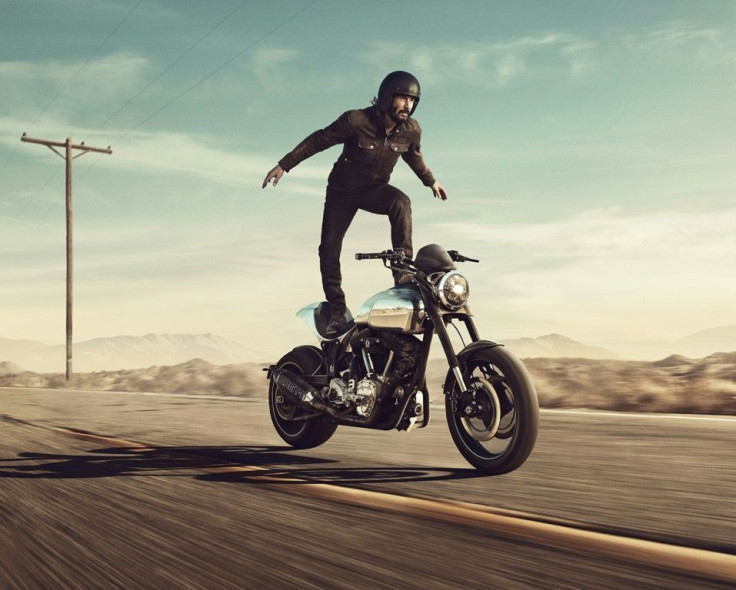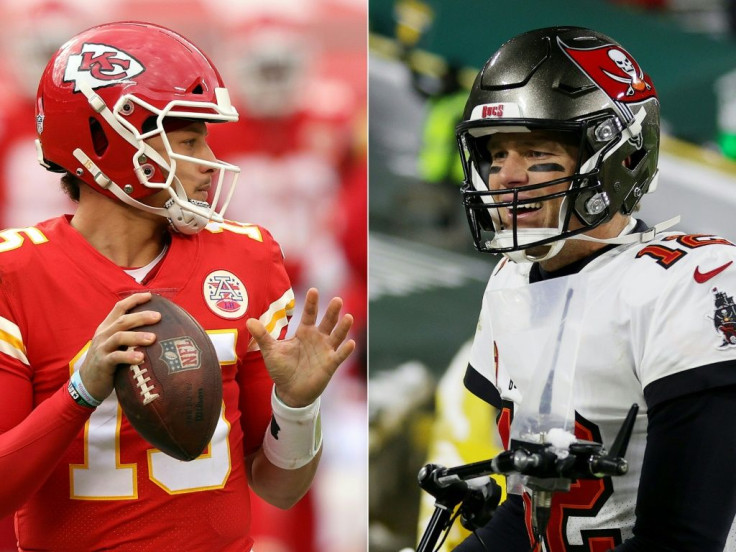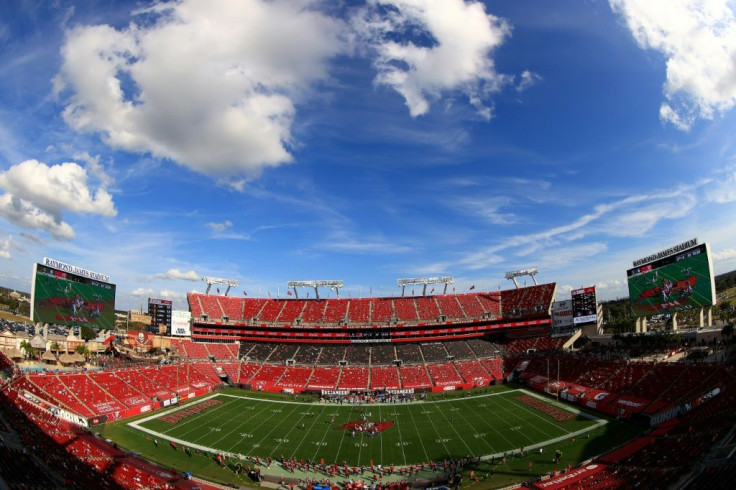Covid Sends Big Advertisers To Sidelines For Super Bowl
This year's Super Bowl will be missing some familiar big names from its advertising roster, with several major brands choosing to remain on the sidelines of America's football championship due to the coronavirus pandemic.
The biggest US sporting event has traditionally hosted some of the splashiest and most memorable television ads, but some companies known for their marketing prowess will be absent, or will scale back their presence.
Budweiser, the InBev Anheuser-Busch beer brand known for its showy Clydesdale horses and emotional television spots, will forego its in-game Super Bowl ad for the first time in 37 years and use the funds to promote Covid-19 vaccine awareness.
"This commitment is an investment in a future where we can all get back together safely over a beer," the beermaker said in a statement.
Chief marketing officer Marcel Marcondes added: "A key learning from 2020 is that we must prioritize humanity and purpose."

The brewer won't be completely absent. It will run ads for Bud Light and Michelob nationally while Stella Artois and Cutwater Spirits will both advertise regionally.
Coca-Cola, also known for its creative ads, is also sitting the game out.
"This difficult choice was made to ensure we are investing in the right resources during these unprecedented times," the soft drink maker said.
"We'll be toasting to our fellow brands with an ice-cold Coke from the sidelines."
Automakers Audi and Hyundai, Super Bowl regulars in recent years, are also sitting out the game, although they did not specifically cite the pandemic as a reason.
The South Korean auto giant said its decision was "based on marketing priorities," as well as the timing of its vehicle launches while promising "we will certainly be back."

Audi said it was skipping the Super Bowl but will look to future events "to share the next chapter of our story."
Super Bowl LV will be feature legendary quarterback Tom Brady of the Tampa Bay Buccaneers and rising star Patrick Mahomes of the Kansas City Chiefs, a duel likely to draw an audience of at least 100 million viewers.
The game will have a slate of advertisers willing to pay some $5 million for a 30-second spot.

New brands this year include DoorDash, the fast-growing food delivery app which made its stock market debut last year and could see a surge in demand for game day.
DoorDash said its ad will feature the popular characters from Sesame Street such as Big Bird and Cookie Monster.
The ad "tells the story of how we deliver all the best in your neighborhood in an authentic and engaging way and supports Sesame Workshop", said Christopher Payne, chief operations officer at DoorDash.
"This marks the first time we've shifted our brand image from a food delivery logistics company to a multi-category marketplace in a meaningful way."
Fast-food chain Chipotle will air its debut Super Bowl ad with the theme, "Can a burrito change the world?"
The online marketplace Mercari meanwhile takes to the airwaves with its commercial aimed at Americans looking to declutter their homes during the pandemic.
Northwestern University marketing professor Tim Calkins said some brands have struggled to find the right message for the current climate, explaining the move to the sidelines.
"This is a challenging year, because it's hard to get the tone right on the Super Bowl," Calkins said.
"If you run a funny ad, it might seem inappropriate. If you run a very serious ad, it might seem discouraging. Given that, given all the chaos in the country, it's hard for these advertisers to figure out what to say at a big event like the Super Bowl."
But Pace University marketing professor Larry Chiagouris brands moving to the sidelines are "making a big mistake."
"The Super Bowl has always been pricey but this will be the best bargain, simply because Americans are so hungry to watch competitive sports and there has been a lack of quality competitions," Chiagouris said.
Chiagouris said pandemic-hit audiences are eagerly awaiting the big game, and that the Brady-Mahomes matchup will intensify the interest.
"This is going to be an enormous opportunity," he said.
"The brands that have cut back have missed out. They are being risk-averse when they should be taking more risks."





















